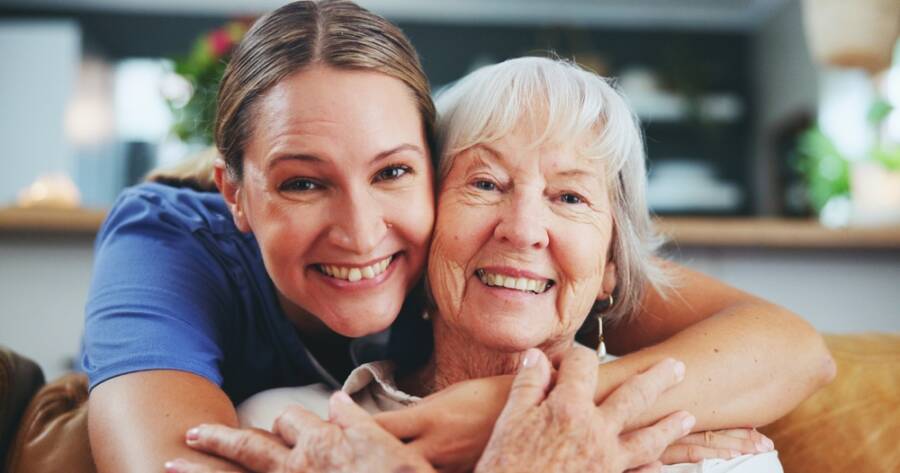Remote monitoring technology is revolutionizing elder care, supporting an aging population’s desire to age in place. This approach enhances safety and daily life through tools like 4D-radar sensors and non-invasive systems. Real-time health tracking and proactive communication solutions offer both security and independence, improving care quality and providing peace of mind for families.
Embracing Remote Monitoring for Aging Loved Ones
Remote monitoring technology has become an essential asset for families supporting aging loved ones at home. With the rising number of older adults preferring to age in place, there’s a growing demand for innovative solutions that ensure both independence and comprehensive care.
Remote patient monitoring (RPM) stands out as a cornerstone of this movement, offering a blend of technology and healthcare to create a safer home environment for the elderly. This trend not only enhances the well-being of seniors but also provides peace of mind to family caregivers through continuous support.
The Role of Advanced Technology in Elder Care
Adopting advanced technology like 4D-radar-enabled sensors and non-invasive monitoring systems allows families to track crucial health metrics and daily activities without being intrusive. For instance, fall detection systems utilize radar sensors to identify incidents without the need for cameras, offering reliable alerts in case of emergencies thus minimizing risks associated with unreported falls.
Such technology empowers caregivers to address health concerns proactively, often before they escalate into emergencies. This approach fosters a safer living environment while supporting seniors in maintaining their autonomy as much as possible.
Enhancing Safety and Health Monitoring
Services like Envoy At Home and Rest Assured provide comprehensive remote monitoring without the need for wearables or cameras, ensuring privacy and reducing reliance on seniors’ memory or judgment during emergencies.
These systems notify caregivers of unusual behaviors and environmental hazards in real-time, allowing for prompt intervention and potentially delaying the need for more intensive care solutions, such as assisted living, by addressing potential issues promptly. This proactive approach not only strengthens caregivers’ ability to manage daily routines but also helps in averting severe health circumstances.
Remote Patient Monitoring: A Comprehensive Solution
Remote monitoring systems are more than just an early alert tool. They track vital health metrics in real-time through devices like blood pressure cuffs, enabling continuous health assessments and fostering safer home environments. This data collection aids in identifying health trends early, thus improving the quality of care and life for elderly individuals.
Innovations such as telehealth devices, virtual companion calls, and proactive check-ins provide seniors with both safety and social benefits. They offer hypertensive patients a chance to document vital signs continually, reducing hospital visits and enhancing life quality by managing conditions effectively at home.
Choosing the Right Monitoring System
Selecting an appropriate monitoring system requires careful evaluation of several factors, including ease of use, connectivity options, and specific features. Systems like Medical Guardian and Aloe Care Health offer tailored approaches, ranging from basic emergency response to advanced AI-driven monitoring.
These devices provide flexible choices for families seeking reliable monitoring solutions. Meanwhile, solutions like Rest Assured, which encompass unique in-home monitoring through a secure portal, deliver customizable plans that align with individual needs based on each senior’s preferences.
Why You Should Learn More About Health Services Today
As families seek ways to support their aging loved ones effectively, understanding the benefits and capabilities of remote monitoring systems becomes crucial. These systems not only extend the independence of seniors but also enhance the overall quality of care they receive at home.
With technologies advancing rapidly, older adults can experience improved health management, seamless communication with caregivers, and a sense of security and comfort. Exploring and embracing the right remote care solutions can lead to better health outcomes and prolonged autonomy, offering families peace of mind and strengthening their support networks.
